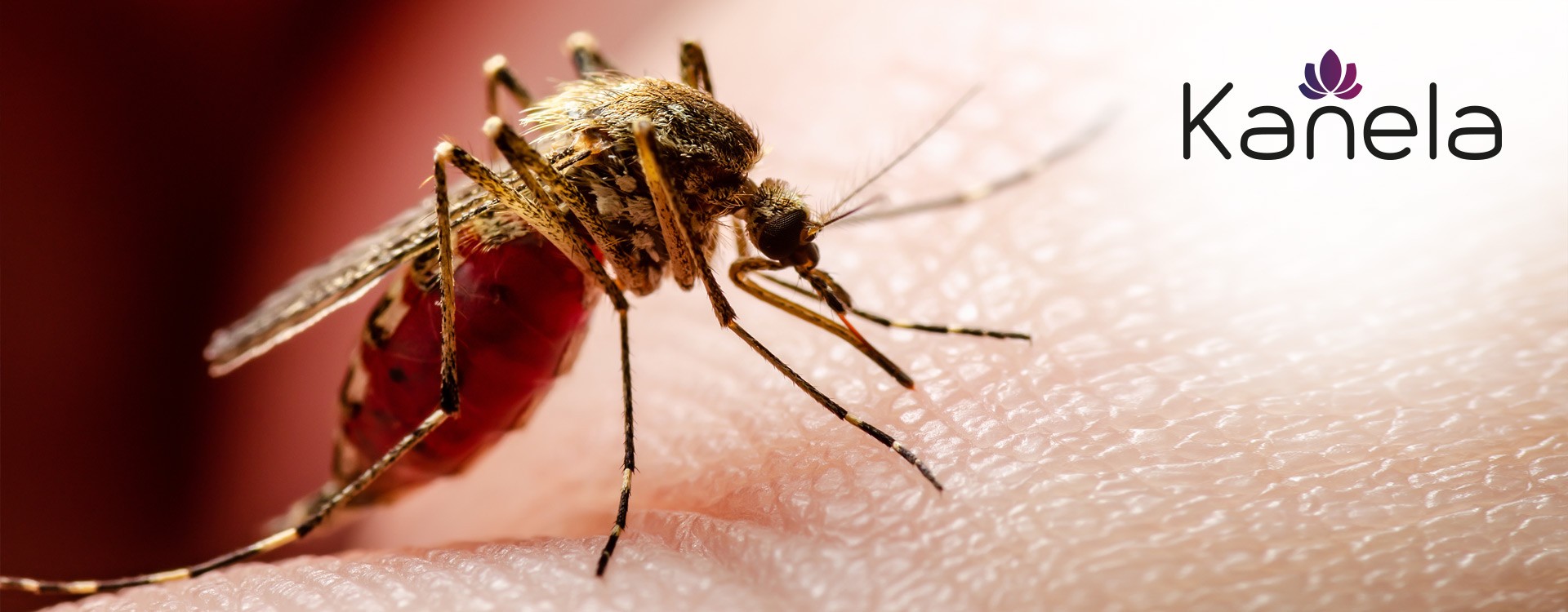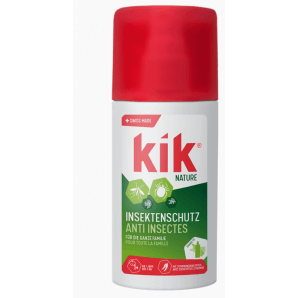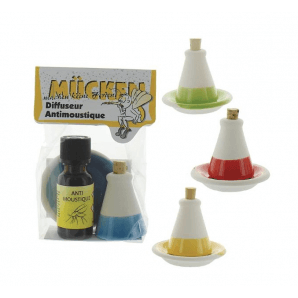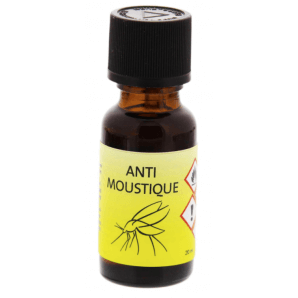-
nutrition
-
Food Supplement
- nutritional supplements by topic
- amino acids
- Minerals
- vitamin preparations
- Fatty acids
-
superfood supplements
- acerola
- aronia
- artichoke preparations
- ashwagandha
- astaxanthin
- brewer's yeast
- bee pollen
- camu camu
- chlorella
- spelled grass
- echinacea
- barley grass
- ginkgo
- grapefruit seed extract
- guarana
- green-lipped mussel
- ginger preparations
- garlic capsules
- turmeric Supplements
- maca
- moringa
- OPC
- roseroot
- saffron preparations
- spirulina
- préparations de la griffe du diable
- medicinal mushrooms
- frankincense preparations
- wheatgrass
-
Food
- healthy snacks
-
beverages
- soft drinks
- Coffee
- milk substitute
- whey drinks
- Juice
- syrup
-
tea
-
various types of tea
- nettle tea
- chai tea
- verbena tea
- fennel tea
- lady's mantle tea
- fruit tea
- green tea
- rosehip tea
- hemp tea
- hibiscus tea
- elderflower tea
- ginger tea
- camomile tea
- herbal tea
- lavender tea
- lime blossom tea
- dandelion tea
- mate tea leaves
- melissa tea
- mint tea
- oolong tea
- orange blossom tea
- marigold tea
- rooibos tea
- rosemary tea
- sage tea
- yarrow tea
- black tea
- licorice tea
- thyme tea
- verbena tea
- alkaline tea
- relaxation tea
- women tea
- love tea
- sleep tea
- pick-me-up tea
- tea selection boxes
- digestive tea
- christmas tea
- winter tea
-
various types of tea
- chewing gums & bonbons
- gluten Free Foods
- cooking & baking
- muesli
- sweets
- diet products
-
Food Supplement
-
sport
- fitness & gymnastics
- muscle / joint pain
- outdoors & camping
- racket sports
- sports nutrition
- Sport drinks
- sports drinking bottles
- water sports & fun
-
personal care
- bath & shower
- fragrances
- facial skincare
- haircare
- hands & feet
- body & skincare
- intimate care
- make-up
- mouth & teeth
-
Health
- allergies & skin diseases
- bladder & prostate
- Diabetes
- blood circulation
- Withdrawal
- Cold & Flu
- Equipment & Fasttests
- hygiene & medical supplies
- Incontinence
- Love Life
- Stomach & Gut
- Restlessness & Sleep Disorders
- Wound care
-
Mother & Kids
- Pregnancy
- Breastfeeding
- baby
- kids
-
home use
- bathroom accessories
- office supplies
- electrical supplies
- garden & pests
- pillows & Blankets
- kitchen utensils
- lamps
- party items
- room fragrances
- cleaning products
- textiles
- pet supplies
Why do mosquitoes bite some people more than others?
The most important things in brief
- Some people are far more likely to be bitten by mosquitoes than others.
- Many pseudo-scientific claims are circulating as justification for this, which are usually not tenable.
- Sweet blood, bright lights and other factors are said to attract the pests - but none of this is true.
- Read here what the true background is that mosquitoes prefer some and despise others.
There are many persistent myths about mosquito bites - and almost all of them are not true. Sweet blood and gender are wrong assumptions, as is the conclusion that people who sit in the light are more likely to be bitten. Because mosquitoes don't even see well, they only orientate themselves on the smells they perceive.
The superstition about mosquito bites will not go away
Even enlightened people make mistakes when it comes to mosquitoes, which they stick to despite the facts. It is often said that insects coming out of darkness are attracted to light, which is why it is better to switch off the lights on the balcony or terrace in the evening. But that's pure nonsense, because the sense of sight is not developed in the bloodsuckers.
The rumor also persists that women are "deliberately" bitten by mosquitoes more often - that too is wrong. Men only have the advantage of being more hairy, which is why mosquitoes are more likely to get tangled in their hair and not penetrate the skin at all. The assumption that the "sweet blood" of a person - whether male or female - is responsible for the fact that they are more often visited by mosquitoes is fundamentally wrong.
Your blood type and smell make you attractive to mosquitoes
As far as the assumptions, let's get to the scientifically proven facts. The blood still plays a role in a certain way - but not just any "cuteness", but the blood group. It has been observed that blood groups 0 and B are particularly popular with biting insects - and certain skin signals reveal your blood group to the mosquitoes. If you have a different blood type, this signal is not produced at all. That way the mosquito doesn't even have to bite you to find out your blood type.
A decisive criterion for whether you are attractive to mosquitoes is not least the smell that you give off. If you have a higher body temperature, you also sweat more, and with sweat, lactic acid is formed, which in turn mosquitoes love. Alcohol consumption does not attract the little pests per se, but increases the body temperature and thus also contributes to sweating. The right mosquito repellent is always a good preventive measure when used regularly.
Carbon dioxide is also a factor
Back to the subject of brightness. Of course, if you sit outside and turn on the light on warm evenings, it feels like mosquitoes will come in droves. But that's not true, the mosquitoes buzz even without lighting, but then you just don't see them.
The bloodsuckers are rather happy that you exhale carbon dioxide, a mixture that will definitely make you a stab victim. And also a reason why pregnant women are bitten more often, after all, women who are in different circumstances exhale about a fifth more carbon dioxide than women who are not pregnant. Incidentally, the gas mixture is also the reason why the mosquitoes don't always buzz around our heads - they simply orientate themselves to where they perceive our breath.
Related products
Related posts
-
 Which vitamins are important in winter?
All vitamins are important - all year round. In winter, however, some of these active ingredients are particularly...Read more
Which vitamins are important in winter?
All vitamins are important - all year round. In winter, however, some of these active ingredients are particularly...Read more -
 What are the symptoms of a vitamin D deficiency?
Are you unmotivated, tired, sleepless and listless in autumn and winter? Vitamin D deficiency could be a reason for...Read more
What are the symptoms of a vitamin D deficiency?
Are you unmotivated, tired, sleepless and listless in autumn and winter? Vitamin D deficiency could be a reason for...Read more -
 Hygiene and face masks - what types are there?
Posted in: Health20.10.2020Hygiene and protective masks have always been useful in hospitals, in medical practices and in care, Corona has made...Read more
Hygiene and face masks - what types are there?
Posted in: Health20.10.2020Hygiene and protective masks have always been useful in hospitals, in medical practices and in care, Corona has made...Read more -
 What are insomnia and what can you do about it?
Posted in: Health23.10.2020Sleeping seems like a simple thing. And yet many people suffer from insomnia, difficulty falling asleep and staying...Read more
What are insomnia and what can you do about it?
Posted in: Health23.10.2020Sleeping seems like a simple thing. And yet many people suffer from insomnia, difficulty falling asleep and staying...Read more -
.jpg) FFP1, FFP2, FFP3 - what are the differences between the masks?
Posted in: Health23.10.2020The FFP mask can now be seen more and more often in public, no longer just in nursing or in the medical field. Not...Read more
FFP1, FFP2, FFP3 - what are the differences between the masks?
Posted in: Health23.10.2020The FFP mask can now be seen more and more often in public, no longer just in nursing or in the medical field. Not...Read more






